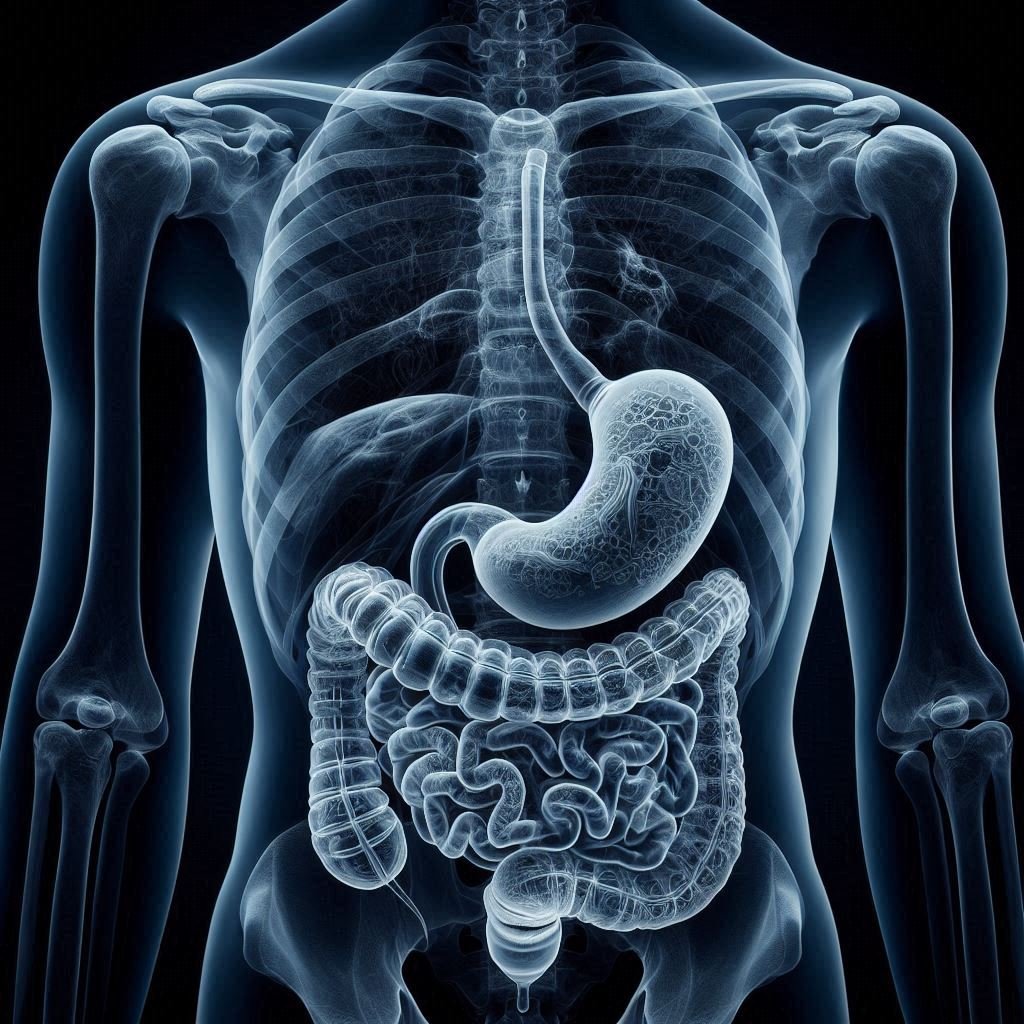
Zollinger-Ellison syndrome (ZES) is a rare condition characterized by peptic ulcers that are refractory to conventional medical therapy. ZES is caused by a non–beta islet cell, gastrin-secreting tumor of the pancreas that stimulates the acid-secreting cells of the stomach to maximal activity, with consequent gastrointestinal mucosal ulceration. Physicians diagnose ZES through blood tests to measure levels of gastrin and gastric acid secretion. Gastrin works on stomach parietal cells causing them to secrete more hydrogen ions into the stomach lumen. In addition, gastrin acts as a trophic factor for parietal cells, causing parietal cell hyperplasia. It produces enzymes that break down fat, protein, and carbohydrates from food, and hormones like insulin that break down sugar. Patients with Zollinger-Ellison syndrome may experience abdominal pain and diarrhea. The diagnosis is also suspected in patients without symptoms who have severe ulceration of the stomach and small bowel.
The ulcers caused by ZES are generally more painful and less responsive to treatment than ordinary peptic ulcers. The primary tumor is usually located in the duodenum, the pancreas, and abdominal lymph nodes, but ectopic locations have also been described (eg, heart, ovary, gall bladder, liver, kidney). Other characteristics of ZES ulcers include a size larger than 2 cm, occurrence at multiple locations, and a refractory behavior to conventional therapy. About one-half to two-thirds of single gastrinomas are malignant tumors that most commonly spread to the liver and lymph nodes near the pancreas and small bowel. The syndrome is serious and potentially life-threatening because the tumours producing the gastrin may spread. Most often, treatment for Zollinger-Ellison syndrome consists of medications to reduce acid and heal the ulcers.
Causes of Zollinger-Ellison syndrome
The common causes and risk factor’s of Zollinger-Ellison syndrome include the following:
The exect causes of zollinger-ellison syndrome is unknown.
A non–beta islet cell, gastrin-secreting tumor of the pancreas that stimulates the acid-secreting cells of the stomach to maximal activity, with consequent gastrointestinal mucosal ulceration.
This disease could also be associated with multiple endocrine neoplasia type I, also known as MEN I.
Symptoms of Zollinger-Ellison syndrome
Some symptoms related to Zollinger-Ellison syndrome are as follows:
Nausea and vomiting.
Diarrhea.
Gastrointestinal bleeding.
Weight loss.
Difficulty in eating.
Abdominal pain.
Fatigue.
Yellow fat in stool.
Heartburn.
Treatment of Zollinger-Ellison syndrome
Here is list of the methods for treating Zollinger-Ellison syndrome:
A class of acid-suppressing medications called proton pump inhibitors (for example, omeprazole, lansoprazole) is now the first choice of treatment of Zollinger-Ellison syndrome.
If the tumors are big enough, the doctor may choose to perform surgery to remove the tumors.
Removing as much of a liver tumor as possible (debulking).
Doctors may also prescribe medications known as H2-blockers, such as Tagamet, Pepcid, and Zantac. However, these medications don’t work as well to reduce stomach acid.
For malignant tumors, radiation and chemotherapy may be offered.




